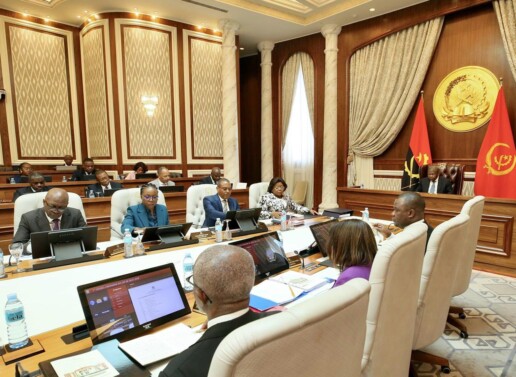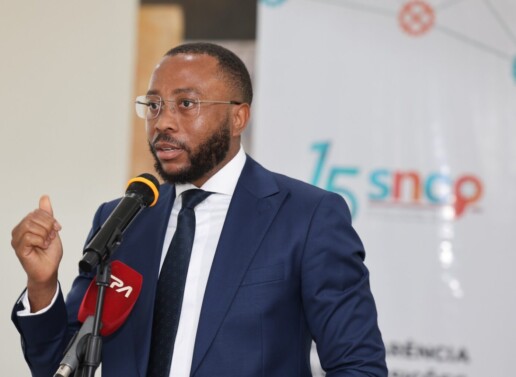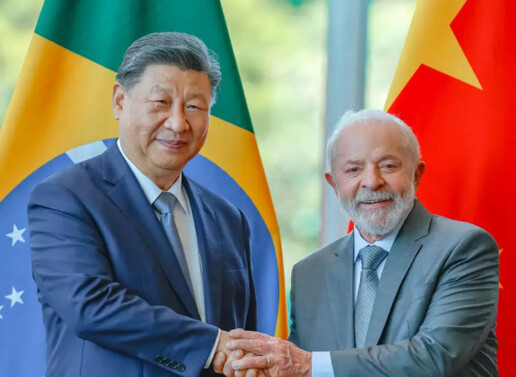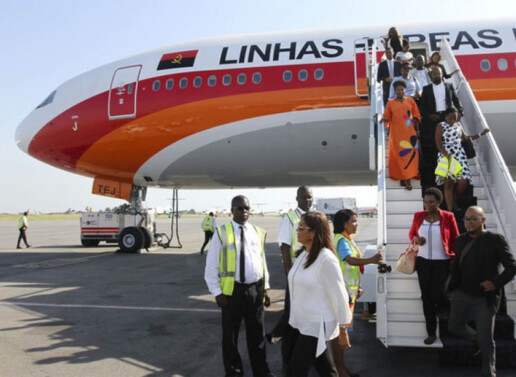According to a report, after a strong push during João Lourenço’s first term, with progress in governance and legislation, reforms have slowed since 2022 and need to be revitalized.
The International Monetary Fund (IMF) believes that Angola’s fight against corruption needs to be reinvigorated and recommends greater transparency in the asset recovery process, according to a document reviewed by Lusa.
The information is included in an annex to the assessment report released on Thursday, where the IMF states that after a strong momentum during President João Lourenço’s first term (2017–2022), with progress in governance and legislation, reforms have slowed since 2022 and should be revitalized.
The IMF notes that the existing legal framework is aligned with best practices but lacks progress in institutional autonomy, independence, and technical capacity for enforcement. It suggests adopting more transparent, participatory, publicly accessible, and digitally automated procedures.
Judicial system reforms have “stagnated since 2022” despite capacity-building efforts, the IMF reports. It highlights the training of over 1,000 law enforcement officials, including judges, magistrates, and police officers, in financial investigation, tax fraud, and illicit asset recovery, with support from the European Union and the United Nations Office on Drugs and Crime.
The National Asset Recovery Service (SENRA) published a list in 2023 of assets recovered since 2019, totaling USD 19 billion (EUR 17.5 billion), of which USD 7 billion (EUR 6.4 billion) was recovered domestically, including bank and company shares, real estate, and cash.
The list was updated in 2024 with an additional USD 308 million (EUR 284 million) in seized assets, of which USD 83 million (EUR 77 million) was fully recovered in cash and deposited in the National Bank of Angola.
The IMF calls for “clear rules and greater transparency in the management, sale, and allocation of revenues from recovered assets.” It also notes that asset recovery through criminal conviction remains limited, as does the restitution of seized assets in other jurisdictions.
The financial institution adds that law enforcement progress has been hindered by sentence commutations, citing the case of former Transport Minister Augusto Tomás, and by delays in prosecuting high-profile corruption cases such as that of General Kopelipa, who has been awaiting trial for over five years [the trial is set to begin next Monday].
The IMF considers the National Strategy for the Prevention and Suppression of Corruption (2024–2027) to be “lacking concrete measures and actions,” especially in strengthening existing institutions and areas such as asset declarations by high-ranking public officials and politically exposed persons.
The report points to deficiencies in budgetary control and participation, holding the National Assembly of Angola accountable for “exercising little oversight over the planning and execution phases of the budget cycle” and criticizing the Court of Auditors of Angola for continuing to issue ex-post audit reports on annual General State Accounts. These reports, the IMF notes, do not cover all government entities and fail to follow up on audit recommendations.
Furthermore, civil society and the general public “have little room to contribute to the budget-making process or monitor budget execution,” the report states.
There are also gaps in expenditure control and treasury management, which result in payment delays. The IMF highlights weaknesses in budget authorization control procedures, delays in recognizing and budgeting for overdue payments due to inadequate invoice registration, and failures in cash flow forecasting.
Additionally, public procurement remains vulnerable and requires “urgent corrections,” with the adoption of open and transparent procedures, the IMF recommends.
“Contracts awarded through non-competitive bidding (Simplified Procurement – CP) accounted for more than 80% of all contracts and remain the dominant form of public procurement,” the IMF points out. This practice “raises significant concerns regarding transparency, accountability, and fairness and may lead to corruption and inflated contract prices.”
Lusa, 03/07/2025







